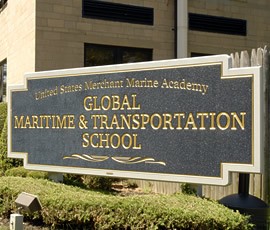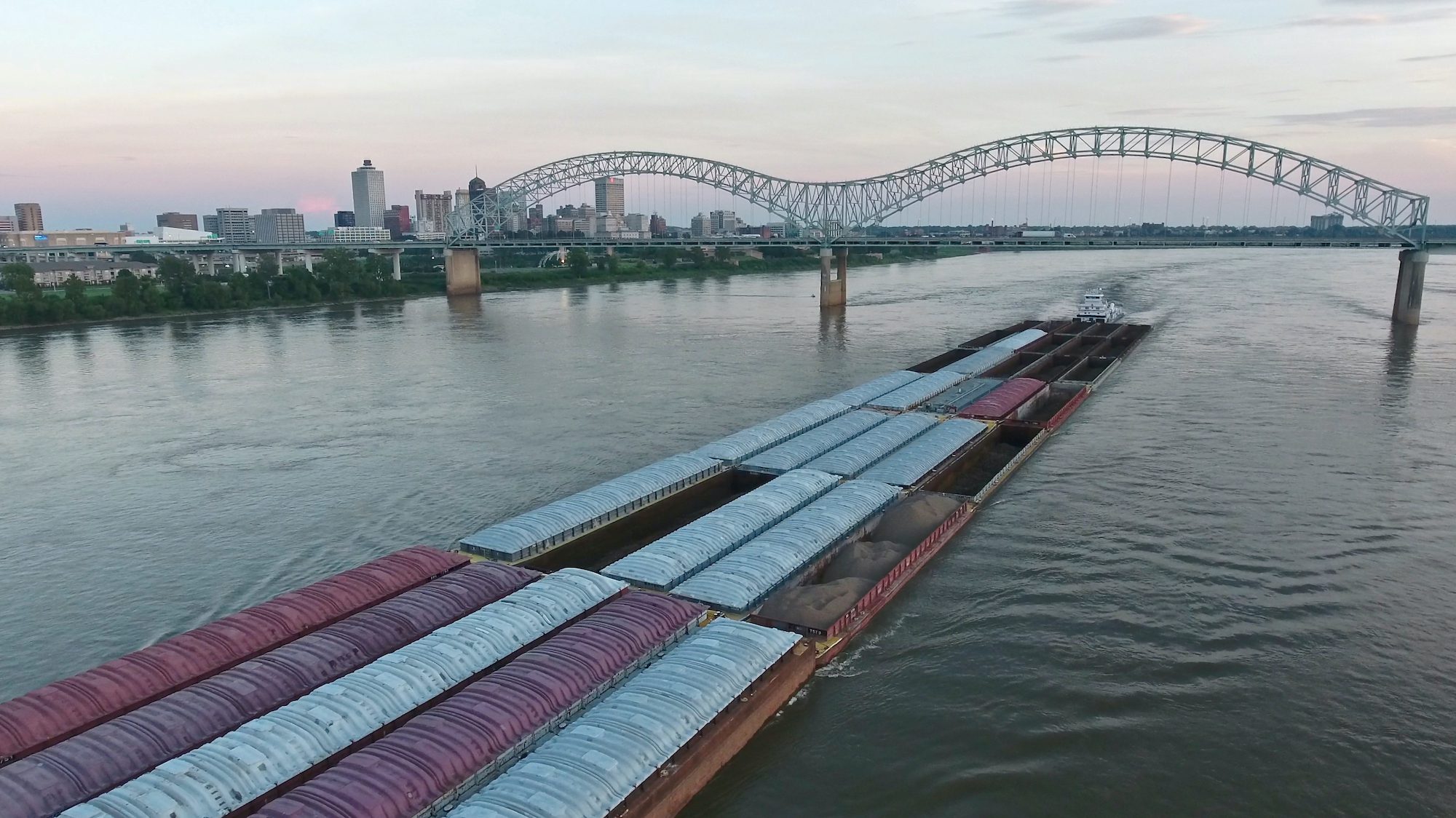 By David Matsuda, U.S. Maritime Administrator
By David Matsuda, U.S. Maritime Administrator
Last month, the U.S. Department of Transportation’s Maritime Administration and the U.S. Merchant Marine Academy made the decision to close the Global Maritime and Transportation School (GMATS), based on a recommendation from an internal task force. We want to share with the maritime community why this step was necessary.
In 2009, the U.S. Government Accountability Office issued a report summarizing the findings of an investigation into the operations of the Academy and its Non-Appropriated Fund Instrumentalities (NAFIs), such as GMATS. As a result of that report, the Maritime Administration established an internal task force to review the operations and continued viability of the Academy’s NAFIs. And although it provides innovative education and training programs, this task force found that GMATS does not meet established criteria to continue operating as a NAFI. The GMATS Board of Directors, the USMMA, and the Maritime Administration all agreed on this fact, for several reasons:
- NAFIs are supposed to benefit their agency’s employees, which in this case, would be Academy midshipmen or personnel. However, we found that GMATS customers are primarily other government agencies and commercial entities outside the Academy. In fact, during FY 2008, FY 2009 and the first three quarters of FY 2010, the Navy Reserve and the National Oceanic and Atmospheric Administration (NOAA) made up 95 percent of GMATS customers. Other maritime industry customers, including midshipmen – who are essentially GMATS’ target customer – accounted for just five percent.
- GMATS also contradicts basic NAFI principles by operating in direct competition with private service providers like maritime labor union schools, which have made substantial investments in training facilities and capabilities. Not only is this bad public policy, but it is bad for the maritime industry as a whole to have commercial business being diverted to an instrumentality of the federal government
- Finally, a NAFI must be self-sustaining, yet it is uncertain that GMATS’ business model can be sustainable without federal assistance.
We explored several options to keep GMATS open. However, GMATS cannot maintain its NAFI status, the USMMA lacks appropriated funding for this activity, and Congressional authorization would be required to transition it to some other entity. As a result, we had to make the decision to discontinue GMATS.
We value and appreciate the service of GMATS employees and are committed to working with them during their transition.
The U.S. Department of Transportation is absolutely committed to supporting programs that enhance maritime education, but we must do so in a manner that is consistent with federal financial management practices. The role of continuing maritime education at the Academy will be considered as part of the Academy’s strategic planning process, which launched earlier this month.
–END–
Join the Discussion in the gCaptain Forum: DOT Shuts Down GMATS

 Join The Club
Join The Club











